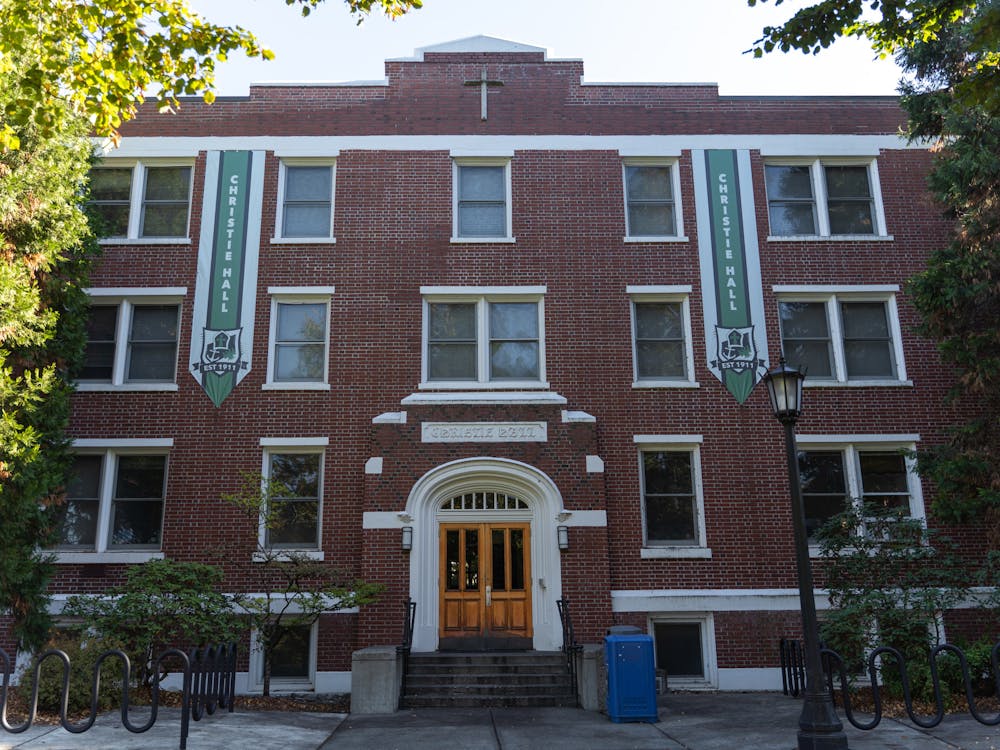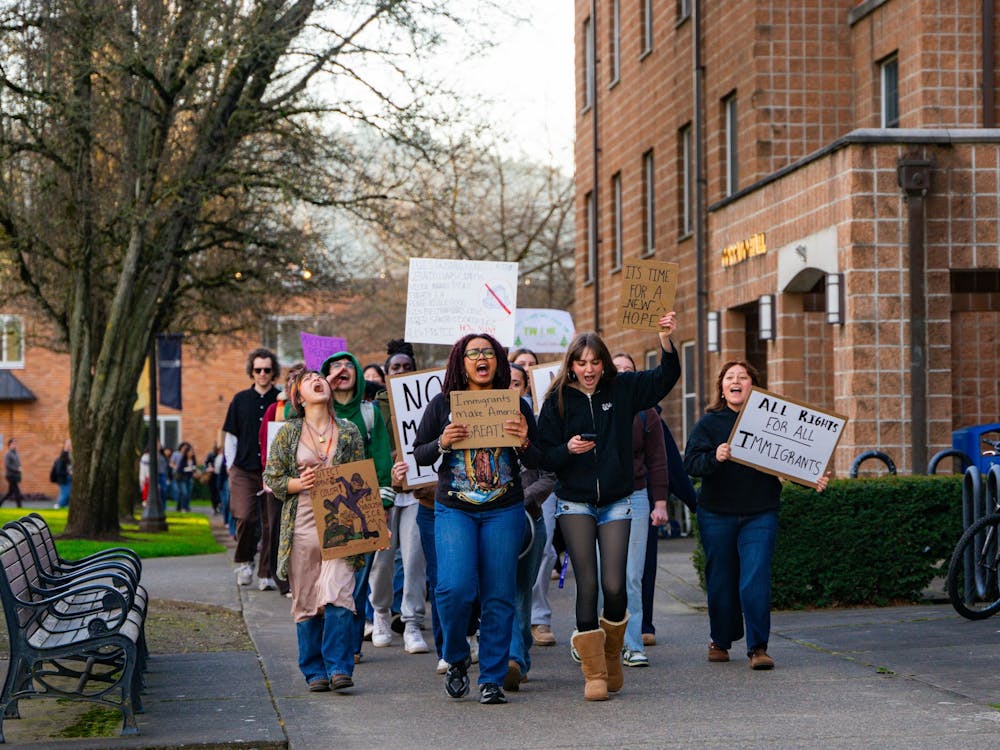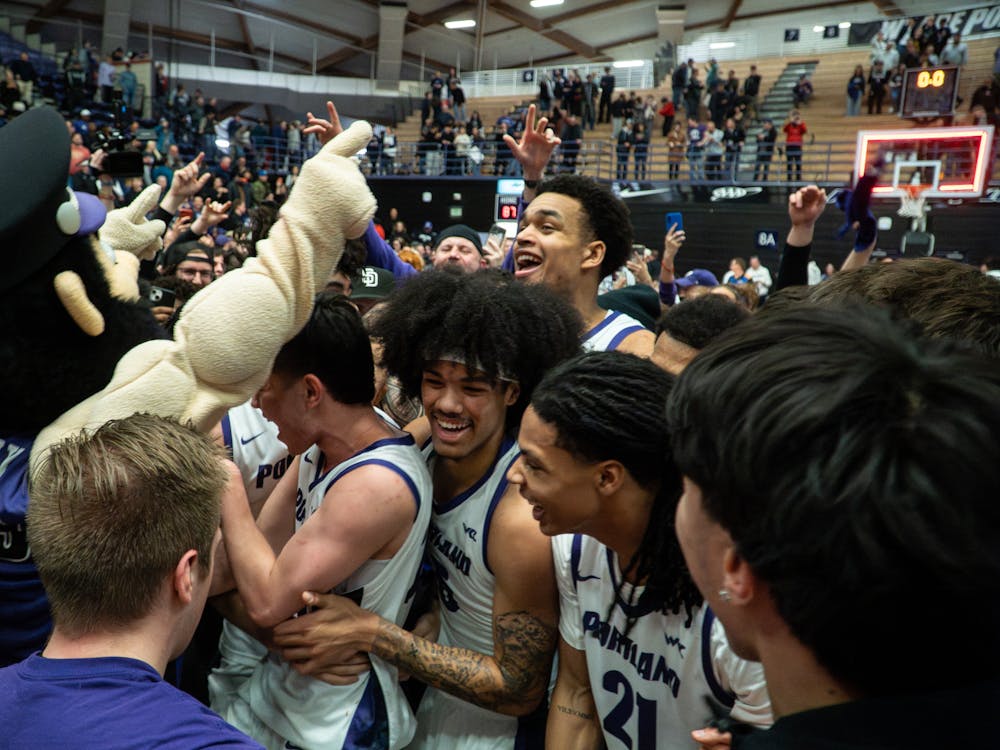Some professors gathered in Buckley Auditorium Thursday to hear from a consultant hired by the University to address the ongoing concerns surrounding faculty pay. Frank Casagrande, a compensation consultant, met with about 25 faculty to explain his company’s approach for determining a sustainable plan for paying professors. The event was organized by the Faculty Compensation Task Force.
Professors have been asking administration to bring their salaries more in line with those of other institutions for years. In February 2017, faculty who ranked as full-time professors received a four percent raise. But many were left out of this salary increase. The task force was formed by University President Fr. Mark Poorman to work with professors concerned about receiving a fair wage and to develop a template for continuing to raise salaries as warranted.
There are 15 faculty members on the task force and several administrators, including Provost Thomas Greene and Vice President for Financial Affairs Alan Timmins. They have been meeting roughly every three weeks since the start of the fall semester and will continue to meet until the end of the 2018 fall semester. The task force plans to hold several open forums like the one on Thursday until then.
Developing a plan for fair salaries is a complex process, Bill Barnes, chair of the faculty welfare committee and a member of the task force, said. The task force’s objective is to create a “long-term compensation philosophy” to guide the University on how to build a framework that “will stand the test of time” in fairly paying employees, according to Barnes.
In the forum, Casagrande laid out a plan to determine faculty compensation and outlined a timeline of the process that would extend to the fall semester of 2018. Casagrande’s talk mirrored the University’s plan at the end of the spring semester of 2017 regarding faculty pay, including comparing wages to peer institutions and educating the faculty and students on the resources available at the university and how they’re being used.

About 10 students attended in support of faculty and asked questions of Casagrande. The second part of the forum was closed to students so that professors could ask questions of the faculty members on the task force privately. Barnes said that the presence of students came as a surprise to some faculty in the audience.
“It was actually a pleasant surprise,” Barnes said in an email to The Beacon. “We are glad you care, and that you are following this story. So, we did not mean to discourage your interest in any way; we were just trying to stay true to our vision of this first forum where we would have a bit of time with ourselves.”
He also said that faculty would like to involve students on this process. “We think it’s vital that all stakeholders are ultimately well informed,” Barnes said. “And....students are key stakeholders!”
Barnes said that one of the key discussions after students left was about a new survey the task force is working on. The survey focuses on what kind of compensation system faculty would like to see.
“An important component of our work includes deciding precisely how we want our compensation to be determined,” Barnes said in an email to The Beacon. “For example, through a ‘step’ system that is similar to many other institutions where you have a clear salary schedule that goes up based on a transparent table each year? Through merit by individual determined at the discretion of the Deans? Through some kind of hybrid?”
When students were present, Courtney Schmidt, a senior nursing major, asked why the students had not been allowed to participate in the survey.
“I think that as students, we are direct investors in this university,” Schmidt said. “The professors have an incredible impact on us, and so I think it’d be really important if our voices were heard as well.”
Schmidt’s question generated a round of applause from some professors.








